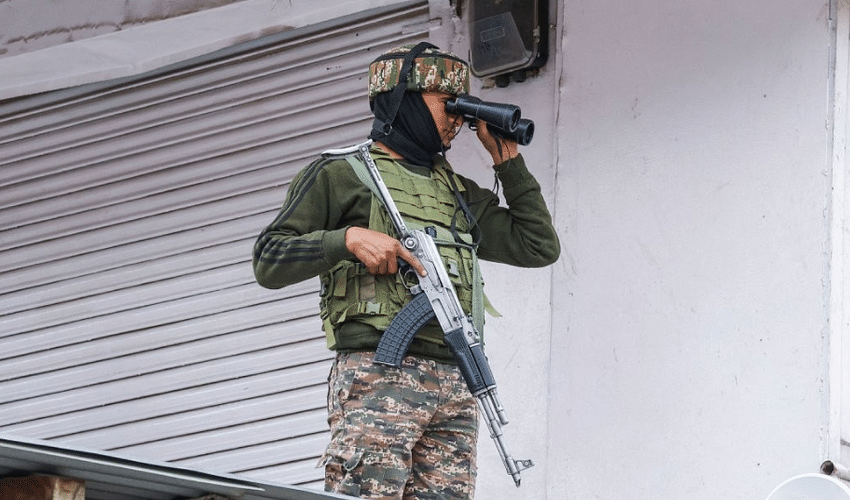Military
India and Pakistan have taken reciprocal actions following the attack on tourists in Kashmir.

India carried out attacks on suspected militant camps in Pakistan on Wednesday (May 7) in retaliation for the killings of 26 people, mostly tourists, in Kashmir last month. Pakistan confirmed it was responding to India's missile strike. The incident occurred on April 22 when gunmen opened fire in the Baisaran Valley, a popular tourist destination in Kashmir's Pahalgam area. The attackers killed 26 people and injured several others before fleeing into nearby pine forests.
India accuses Pakistan of involvement in the attack, claiming that Pakistan has long supported Islamist separatists fighting Indian forces in Kashmir. India identified three attackers, including two Pakistani nationals, as "terrorists" engaged in a violent revolt against Indian rule in the region. Pakistan, however, denied any involvement and called for a transparent, credible, and neutral investigation into the attack. Prime Minister Shehbaz Sharif urged the US to encourage India to de-escalate and act responsibly. The leader of Pakistan-administered Kashmir has called for international mediation and said his administration is preparing for a humanitarian response in case tensions escalate further.
In response to the violence, both India and Pakistan took several retaliatory measures. They closed their airspace to each other's airlines, shut the only open land border, and suspended the special South Asian visas that allowed travel between the two countries. Diplomatic relations were also strained, with each side declaring the other's defense advisors persona non grata and reducing embassy staff. Additionally, India suspended a key treaty regulating the sharing of water from the Indus River, prompting Pakistan to warn that any attempt to halt or divert the river's water would be seen as an act of war. Pakistan also suspended all trade and bilateral agreements with India, including trade through third-party countries.



